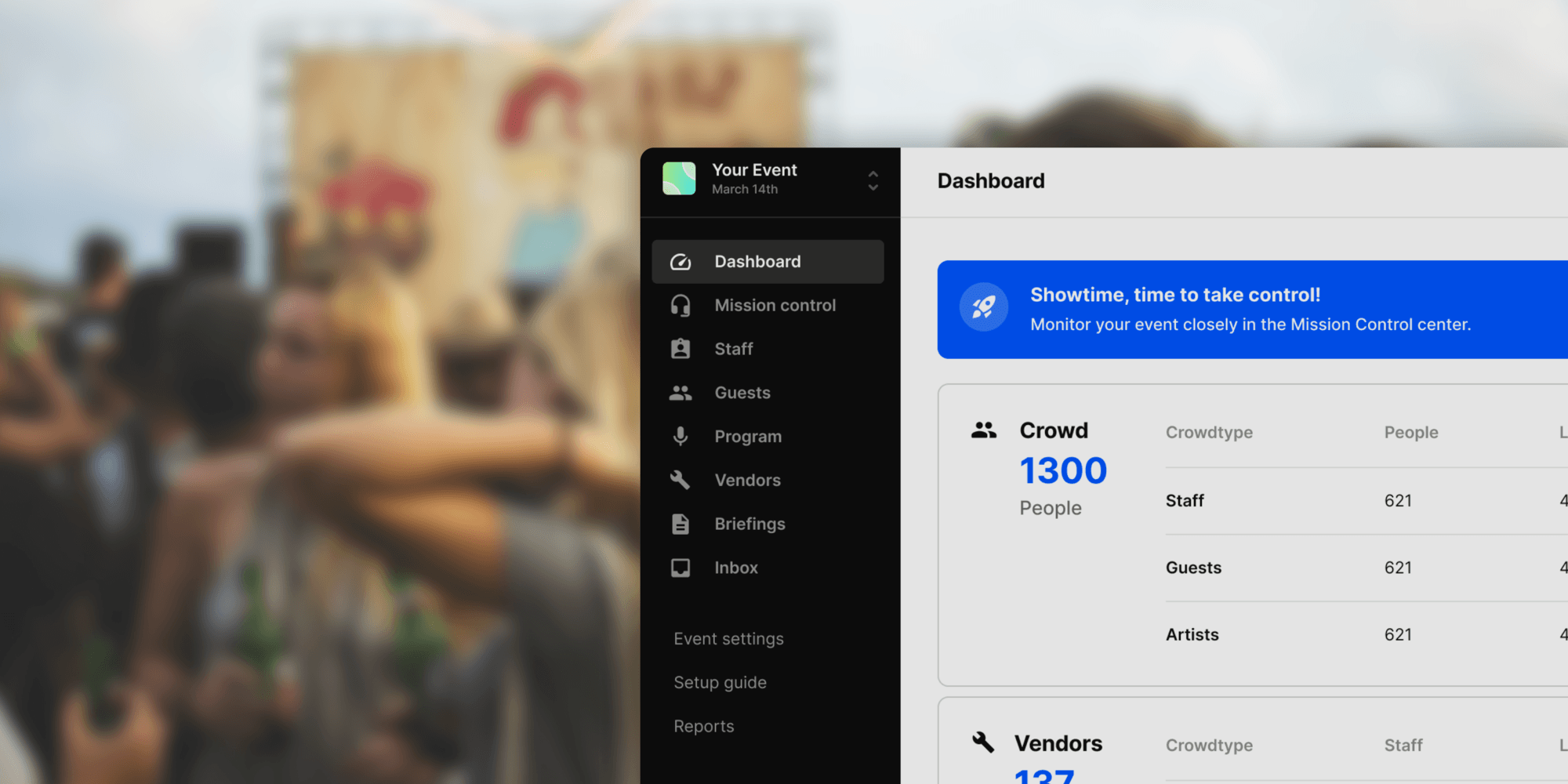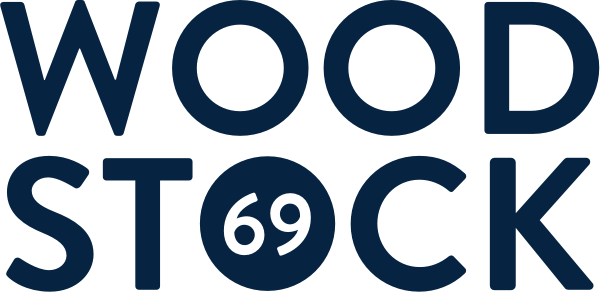Types of event accreditation
Access
In essence, access accreditation is a way of managing the attendees at an event, ensuring that only those with proper authorisation can enter specific areas beyond what's accessible to the general public.
This accreditation often involves the issuance of wristbands, badges, or tickets. This not only confirms the individual's right to attend but also grants access to certain areas or activities within the event that are restricted to the general public. At In2event, we simply call these ‘Access Zones’. An example to clarify: On a festival site, you will have an area dedicated to artists. Let’s call it the Artist Village. You only want artists, backstage crew, tour managers, caterers, etc., to have access to that area. Artist Village access would be a granted accreditation item for those people. You don’t want random guests acting as groupies in that area. Therefore, they won’t be assigned with the Artist Village accreditation.
Working with access zones greatly improves the safety of your event. As an organiser, you determine exactly who’s allowed to roam where. Everyone will be able to go exactly where they need to be, but there and there only.
Access accreditation is one of the most important forms of accreditation. Some organisations stop there, but there are so many more possibilities.
Catering accreditation
Catering accreditation is another fundamental aspect of event organisation. It involves thoughtful planning to ensure that everyone at your event is well-fed and satisfied. We all know that a well-fed crew is a happy crew. Catering accreditation also allows you to focus on VIP guests, offering them a curated selection of snacks and drinks to enhance their overall experience. This also provides an opportunity to gather information about dietary preferences, allowing for a more personalised and accommodating catering service.
One key advantage of securing catering accreditation in advance is the reduction of waste during the event. By knowing in advance who will be attending and requiring meals, you can streamline the catering process, minimising unnecessary excess and optimising resources. Being less wasteful will make your events more sustainable.
Parking tickets and logistics
Parking accreditation is another crucial facet of event planning, focusing on the convenience and logistics of attendees' transportation. Ensuring a smooth and organised parking process contributes significantly to the overall success of an event. This accreditation involves strategically managing parking spaces, and providing designated areas for different groups such as VIPs, staff, and general attendees.
By implementing parking accreditation in advance, event organisers can anticipate the number of vehicles and efficiently allocate parking spaces, minimising congestion and streamlining the arrival and departure experience for all participants. This proactive approach not only enhances the overall flow of the event but also contributes to a positive and stress-free experience for attendees.
Attire and equipment
At a lot of events, the crew will be wearing branded shirts or uniforms. Often, there will be several types of attire to distinguish crew members. This enables you to easily identify and manage staff during setup, teardown, and throughout the event. But who gets what shirt? And how many? Which sizes? By managing this beforehand, the hand-out of these outfits will be swift and smooth and everyone will be able to get to work in an instant.
Besides that, equipment accreditation plays a pivotal role in event logistics. Whether it's sound and lighting crews, technical support, or stage management, ensuring that the right individuals have access to the necessary equipment is paramount. With In2event, you’ll be able to register all sorts of equipment. Track who has what and when it’s been returned. Managing your inventory like that not only prevents loss of equipment but also streamlines the workflow, contributing to the overall efficiency of the event.

